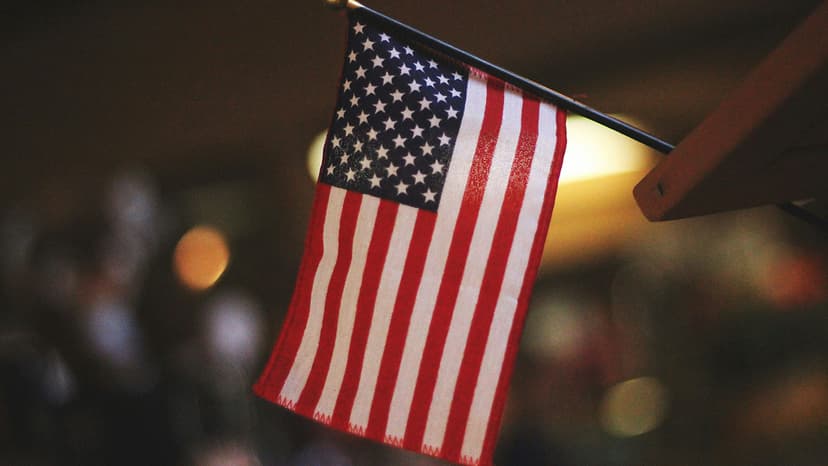How Can I Clear a Clogged Drain Without Using Chemicals Plungers or Rods?
Clogged drains can be a real headache. But there are ways to tackle this issue without reaching for chemicals, plungers, or rods. Let's dive into some effective and safe methods to clear that drain.
What Are Some Simple Methods to Clear a Clogged Drain?
Dealing with clogged drains can undoubtedly challenge our patience, especially if we are trying to avoid harsh chemicals or don't have a plunger. Here are a few reliable methods to help unclog your drain using items you likely already have at home.
Hot Water and Dish Soap
One of the simplest solutions involves hot water and dish soap. Boil a pot of water and mix in a few tablespoons of dish soap. Slowly pour the mixture down the drain. The hot water can help break down grease and soap buildup, while the dish soap helps lubricate any stuck debris.
Baking Soda and Vinegar
This classic combination offers a natural and effective way to clear drains. Start by pouring a pot of boiling water down the drain, followed by half a cup of baking soda. Let it sit for a few minutes, and then pour a cup of vinegar mixed with hot water. Cover the drain with a plug. After 10-15 minutes, flush it with another pot of boiling water. The reaction between the baking soda and vinegar helps break down the blockage.
Salt and Baking Soda
For a slightly different approach, use salt mixed with baking soda. Pour half a cup of table salt and half a cup of baking soda into the drain. Let it sit for about half an hour, and then flush with boiling water. This method can help with more stubborn clogs, as the salt adds an abrasive component to the cleaning process.
Can Natural Tools Help?
Yes, they can! You can use a few everyday items to help dislodge debris.
Bent Wire Hanger
Take a regular wire hanger and straighten it out. Bend one end to create a small hook. Carefully insert this end into the drain and try to fish out any hair or other clumps. Be gentle to avoid scratching or damaging the pipe.
Rubber Gloves
Sometimes, manual intervention is the most straightforward method. Wear rubber gloves and try to reach into the drain to remove any visible obstructions. Though it may not be pleasant, it can be highly effective for surface-level clogs like hair or food particles.
Could Prevention Be the Best Solution?
Indeed, preventing clogs in the first place is often easier than dealing with them. Here are some habits to keep your drains flowing freely:
- Avoid pouring grease down the drain. Instead, let it cool and dispose of it in the trash.
- Use a drain cover to catch hair, food, and other debris.
- Regularly flush your drains with hot water to clear out minor buildup before it turns into a full-blown clog.
Addressing clogged drains without chemicals, plungers, or rods can be straightforward with the right approach and preventive habits. By using everyday household items and practicing good drain maintenance, you can keep your plumbing in top-notch condition.











